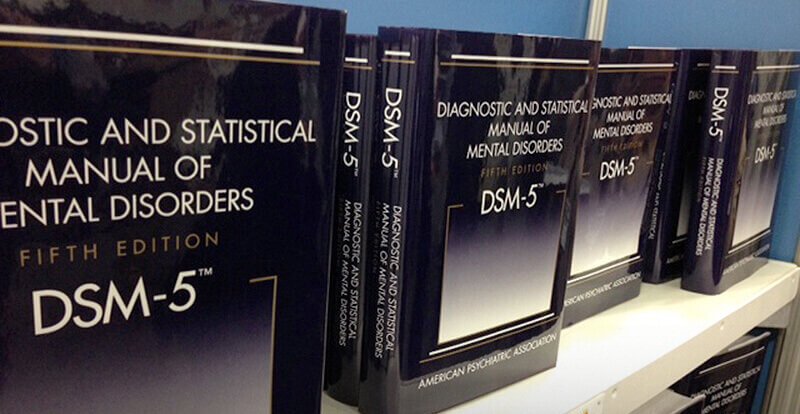The proposed new version of the global manual for diagnosing medical conditions gets many things right about autism — but some items diverge from the manual’s American counterpart and are provoking concerns from scientists.
Specifically, the manual lists eight subcategories of autism and ignores some key traits of the condition, these scientists say.
…
The World Health Organization (WHO) released this latest version of the International Classification of Diseases, or ICD-11, on 18 June. The draft is open to comments before its formal adoption
…
Overall, its treatment of autism is similar to that of the American DSM-5, the current edition of the Diagnostic and Statistical Manual of Mental Disorders, published in 2013. For example: Both manuals fold autism, Asperger syndrome and pervasive developmental disorder-not otherwise specified into a single umbrella category called ‘autism spectrum disorder.’
…
However, the ICD-11 diverges from the DSM-5 in significant ways.
Among the most popular features of the DSM-5 is its prominent treatment of sensory abnormalities — such as over- or undersensitivity to sound and touch — among people with autism. The definition of autism in the ICD-11, by contrast, makes no mention of sensory abnormalities.
“Sensory issues may well be near universal in autism,” says Simon Baron-Cohen, director of the Autism Research Centre at Cambridge University in the United Kingdom. “If true, we should count it as a core symptom of the umbrella category.”
Read full, original post: Proposed revisions to global diagnostic manual for autism raise concerns































